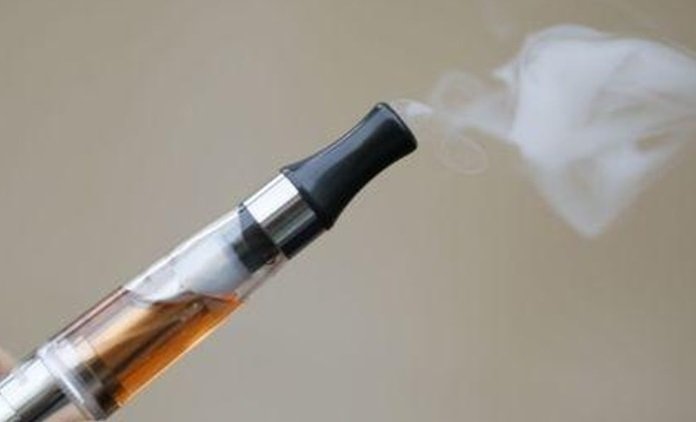
Retail sales figures for Massachusetts’ adult-use market for September are now available on the state Cannabis Control Commission’s (CCC’s) Open Data Platform, which includes information on retail sales and product distribution in the state’s adult-use market, as well as data on plant counts from licensed cultivators.
Additionally, as Massachusetts officials instituted a ban on the sale of all cannabis vape products – which they announced on September 24 – the month’s sales data provides the first definitive glimpse of the impact of such actions on overall cannabis sales in legal markets.
In September, licensed adult-use retailers in Massachusetts generated over $45.2 million in gross revenue. That figure is down by 8.1% compared to August’s adult-use sales of over $49.2 million. September 2019 was the first month to see a decline in total revenues generated by adult-use cannabis retailers in Massachusetts since the start of such sales in November 2018.
Examining retail sales on a daily level, it appears that the vape ban instituted late in the month played a role in lowering retail cannabis revenues. On Wednesday, September 25 – the first day that the vape ban was in effect – Massachusetts cannabis retailers collectively sold over $1.14 million worth of product. On the previous Wednesday, September 18, storefronts generated over $1.33 million in revenue. In other words, daily sales on September 25 were off by 14.4% compared to the same day a week earlier, when vapes were still available for purchase by general consumers.
Additional analysis of gross sales data supports the position that banning vapes significantly reduced total sales in the legal market. CCC data shows that Massachusetts’ adult-use cannabis retailers collectively averaged over $1.53 million in daily sales from the beginning of September through the 24, when the ban on all vape products was announced. For the final six days of the month when the vape ban was in effect, the same storefronts generated a bit over $1.4 million in revenue daily, on average. Overall, average daily sales in the period after the ban on vape products went into effect were down by 8.7% relative to the period before the ban was instituted.
Massachusetts’ adult-use market remains relatively small in terms of the number of licensed businesses operating, and it continues to grow slowly. 23 retailers had received permission from the CCC to operate as of the beginning of September. That number grew to 26 after a meeting of the Commission on September 12. Even with the possibility that there were more retailers operating in the closing days of September after the ban on vape products had been instituted, statewide sales still slumped.
Plant count information contained in the state’s Open Data Platform indicates that the number of plants harvested in September continued to grow compared to the month prior. Final figures for September show 28,574 plants harvested that month, up by 5.3% from 27,143 plants cut down in August.
16 cultivators were approved to supply the state’s adult-use market at the outset of September, a number that increased to 17 by mid-month. We pointed out in our prior discussion of sales and production in Massachusetts that information from state regulators shows that all licensed adult-use cultivators are part of vertically-integrated operations, reflecting the original structure mandated in the state’s medical market, a situation that persisted through September. Consequently, it is likely that the bulk of their production goes to supply associated retail and extraction businesses.
Meanwhile, seven of the licensed retailers with permission to operate as of mid-September were not currently associated with cultivation operations permitted in Massachusetts’ adult-use sector, and so must purchase their products wholesale.